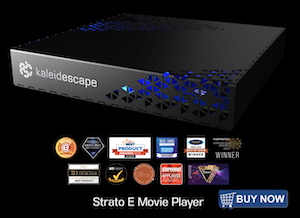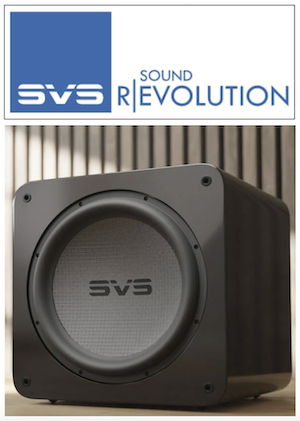(June 7, 2024) As MQA hit the rocks, the Lenbrook Group stood at the ready waiting to snatch it up. Roughly one year ago, the self-anointed king of Hi-Res streaming found itself clinging to life, filing for the US equivalent of Chapter 11 and searching for a financial rescue line. That's when Lenbrook, owner of popular brands such as NAD, Bluesound, and PSB Speakers, bid to take over the company's intellectual property and key personnel.
Lenbrook wanted it all – the polarizing MQA codec, the all-new SCL6 streaming codec... everything.
While Lenbrook's financial investment in MQA surprised some, the company's CEO, Gordon Simmonds, says the creation of Lenbrook Media Group (LMG) and MQA Labs and today's technology announcements were part of a vision. “These developments confirm our instincts around this team and the value of the IP," explains Simmonds. "While the choice and accessibility of MQA content remain a priority for us, this was never about a single codec."
With MQA in hand, LMG wants to improve the entire audio chain—recording, distribution, and playback. Today's announcement of three new products gives us a better idea of what that means.
Two products are crafted to convert digital signals to analog and vice versa. One is called FOQUS (for analog to digital conversion), while the other is QRONO (digital to analog). According to Greg Stidsen, Chief Technology Officer at Lenbrook, both tackle issues that can arise in the time domain.
“The digitization of an analog signal introduces a range of imperfections to the resulting audio file. One of the most common and critical is something often referred to as time smearing - when the resolution of two sounds is reduced because their timing is incorrectly reproduced within the digital file,” explains Stidsen. “MQA Labs’ team are experts in time-domain audio improvements, having invented many of the techniques to avoid or eliminate such audio defects.”
The third product family is among the most anticipated of LMG’s future products. First launched and demoed by MQA under the technical name SCL6, AIRIA (as it's called by LMG and MQA Labs) is a new codec that seamlessly ensures the best resolution possible regardless of bandwidth availability. According to LMG, AIRIA has successfully completed pilots for use as a distribution codec—think streaming services—while also posing as a wireless transmission codec delivering Hi-Res audio with operational savings and reliability.
LMG says the industry's early response to these new products has been positive. All three are expected to debut in various licensee products before the end of 2025.
Related Reading:












